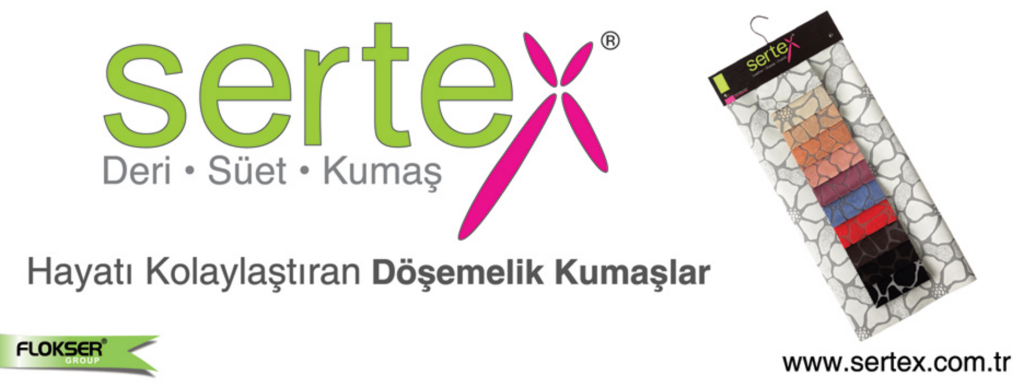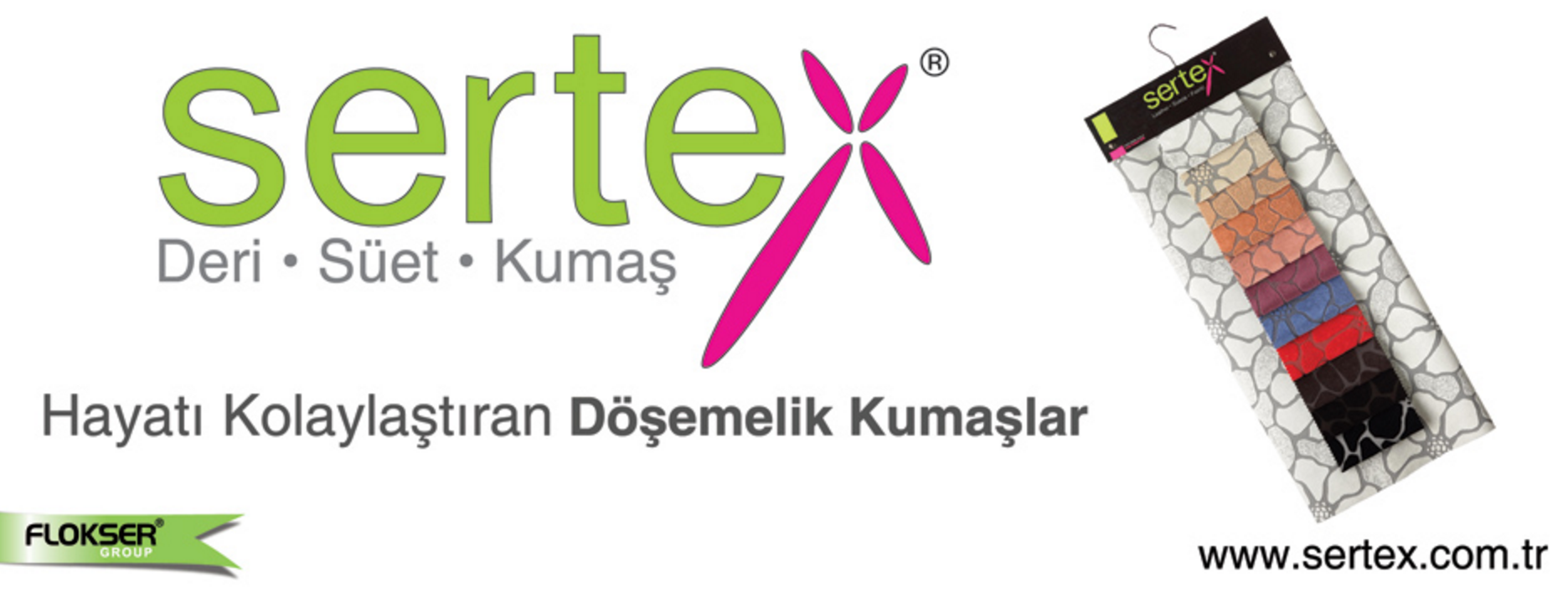I am currently working on Tecnon OrbiChem’s March issue of Bio-Materials newsletter but I can’t pass up this opportunity to post this interesting announcement from DuPont Tate & Lyle and BioAmber on their efforts to jointly developed the market for bio-based polyols using DuPont’s bio-PDO (1,3 propanediol) and BioAmber’s bio-succinic acid.
The two companies said they will launch a co-sponsored polyol sampling program at the incoming UTECH North America urethane conference in Charlotte, North Carolina, on April 6-7 to accelerate the speed to market for these bio-based polyols. Unfortunately, when you deal with polyurethanes market application, the time it takes to develop a bio-based solution definitely takes longer since the base structure of the urethane has to be altered at the molecular level.
“Bio-based alternative products manufactured from renewable resources can have advanced technical properties and functionality compared to their petroleum-based counterparts,” explains Laurie Kronenberg, global marketing director for DuPont Tate & Lyle Bio Products. “Jointly DuPont Tate & Lyle Bio Products and BioAmber have developed and characterized multiple bio-based polyols. The immediate availability of these polyols in addition to the characterization data enables urethane manufacturers to perform faster initial testing of bio-based solutions.”
“These polyols are the building blocks that deliver high performance in a variety of polyurethane applications, from footwear and waterproof films to artificial leather and coating, adhesives and elastomer applications. We are providing these to accelerate innovation for our customers,” advises Louise Batchelor, vice president of Marketing for BioAmber.
Last year, BioAmber, DuPont Tate & Lyle and the Flokser Group has developed an artificial leather fabric under Flokser’s Sertex brand using bio-succinic acid and bio-PDO. The fabric has 70% renewable content and reportedly delivers improved performance such as better scratch resistance and softer touch compared to petro-based synthetic leather fabrics.
According to these companies, the global addressable market opportunity for bio-based polyester polyols in artificial leather is around 330 million pounds/year – 165 million pounds/year for bio-based succinic acid and 165 million pounds/year for bio-PDO.





